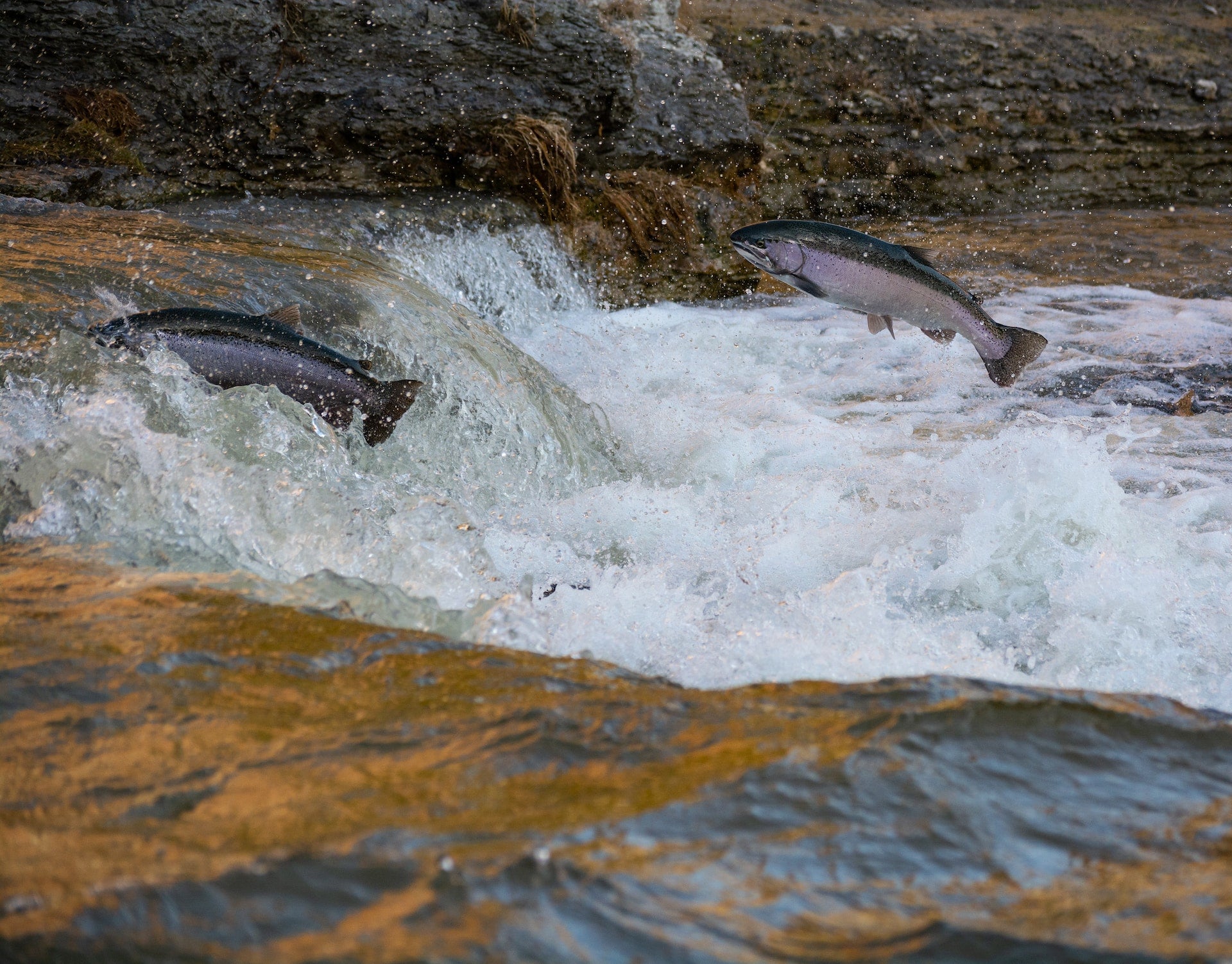Redesigning Modern Portfolio Theory to Improve Spatial Recovery Planning for Oregon Coast Coho Salmon

Oregon Coast (OC) coho salmon (Oncorhynchus kisutch) are a federally listed threatened species under the Endangered Species Act. It is integral to conserve OC coho salmon due to their ecological importance in nutrient cycling and cultural significance to Indigenous peoples. The combination of their threatened status and significance creates a sense of urgency for conservation organizations, like the Wild Salmon Center, to efficiently allocate their budgets. In this project, we redesigned Modern Portfolio Theory (MPT) to optimize habitat restoration spending to best support OC coho salmon populations. MPT is traditionally used in finance to inform portfolio managers of the relative risk and returns from differential portfolio investments across assets. In our redesigned application, the 21 populations of OC coho salmon are treated as assets, with the increase in salmon abundance and variance directly relating to the amount of money allocated to conserve each population. More specifically, we applied our new approach to mitigating barriers that inhibit salmon from traveling back to their natal streams. We analyzed portfolios under three budgets and incorporated portfolio scenarios that prioritize conservation spending in watersheds important to Indigenous peoples. The results show that investing in conservation impacts abundance and variance, even with smaller budgets. We also found that portfolio managers do not need to sacrifice equity when choosing portfolios, because there are efficient portfolios that prioritize environmental justice. This endogenous application is the first of its kind in the conservation field and can be applied to a multitude of species or restoration actions beyond OC coho salmon and barrier mitigation.
Acknowledgements
UC Santa Barbara Bren School: Tamma Carleton, Assistant Professor; Chris Costello, Distinguished Professor; Nathan Grimes, Ph.D Candidate; Kyle Meng, Associate Professor; Ashley Larsen, Associate Professor
Wild Salmon Center: Melaney Dunne, Salmon Watershed Scientist; Jon Hart, GIS Specialist; Matthew Sloat, Ph.D, Director of Science
Jonathan Moore, Ph.D, Professor, Simon Fraser University